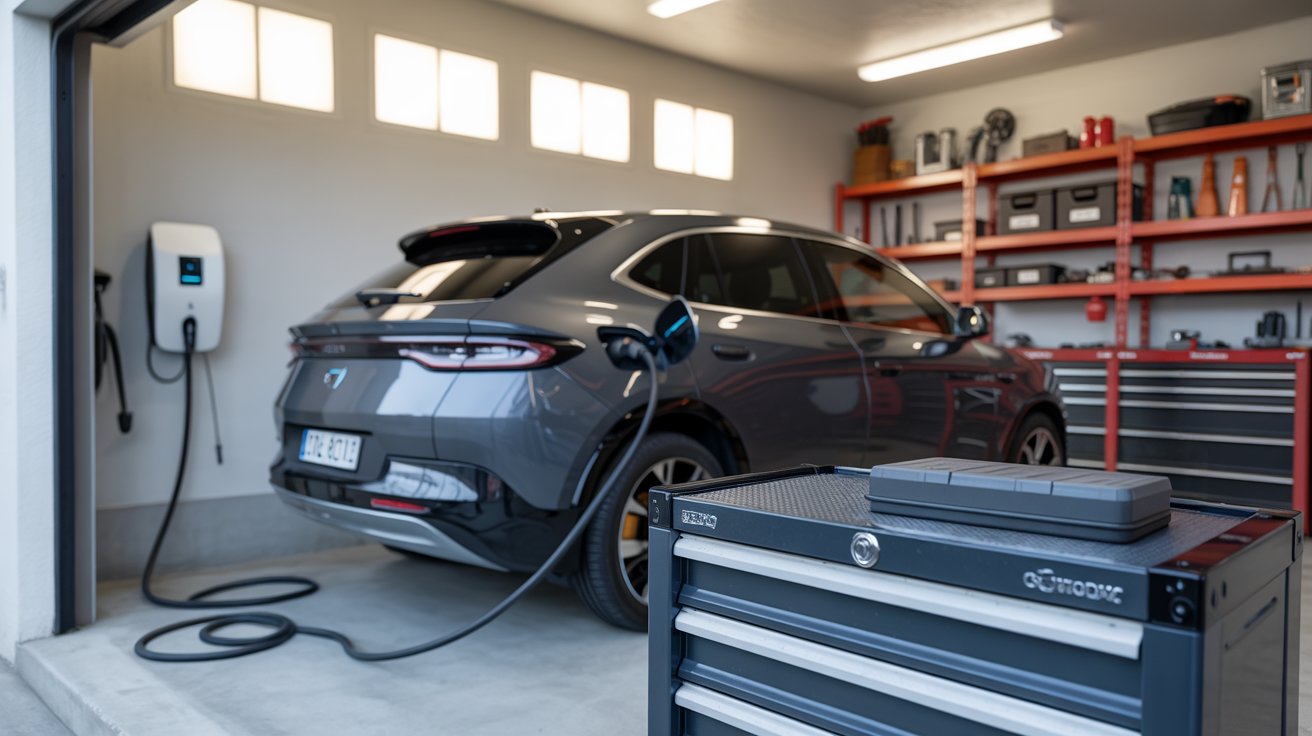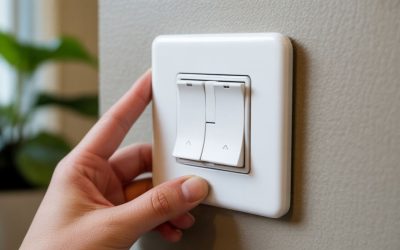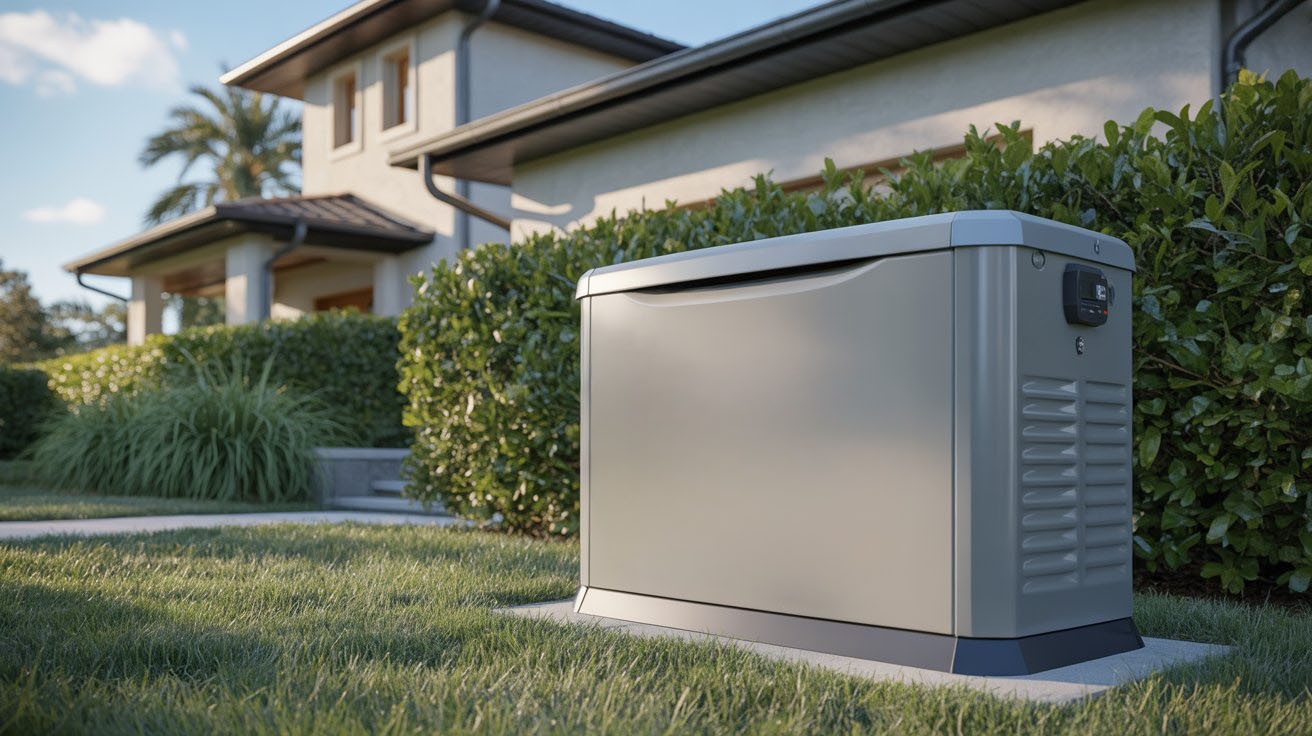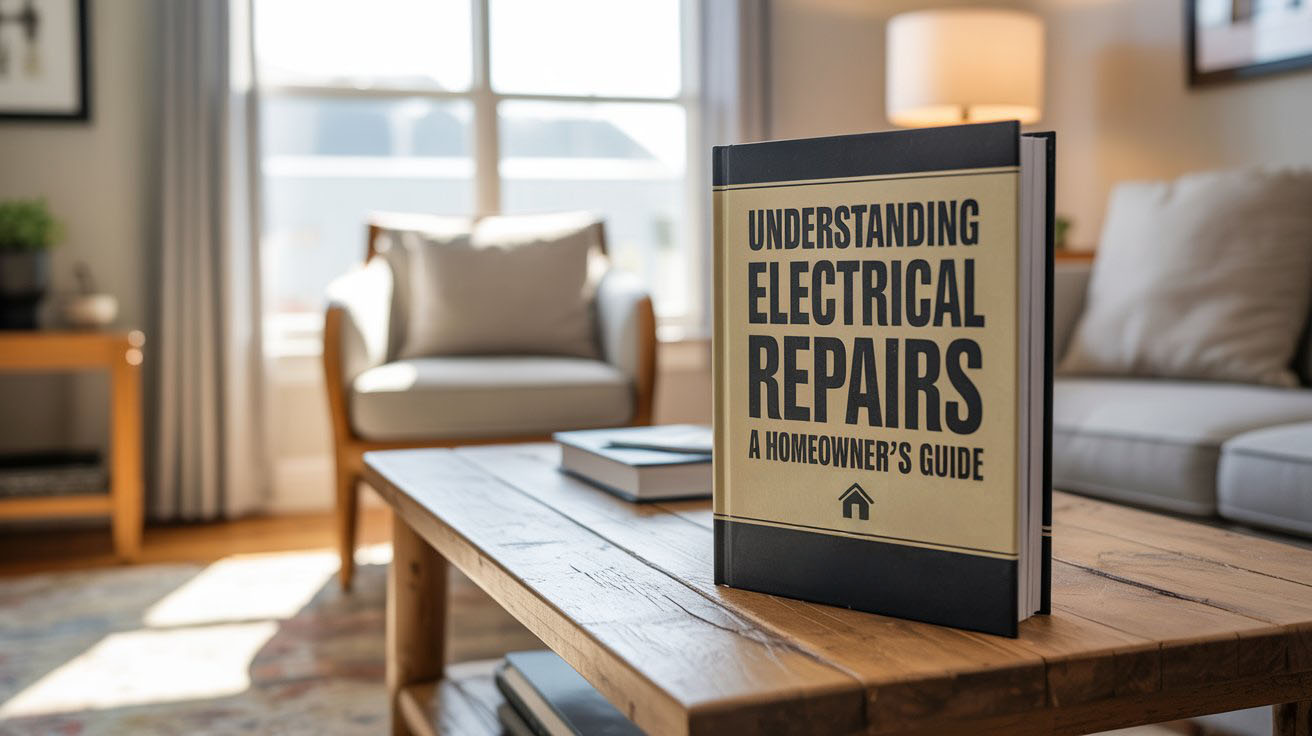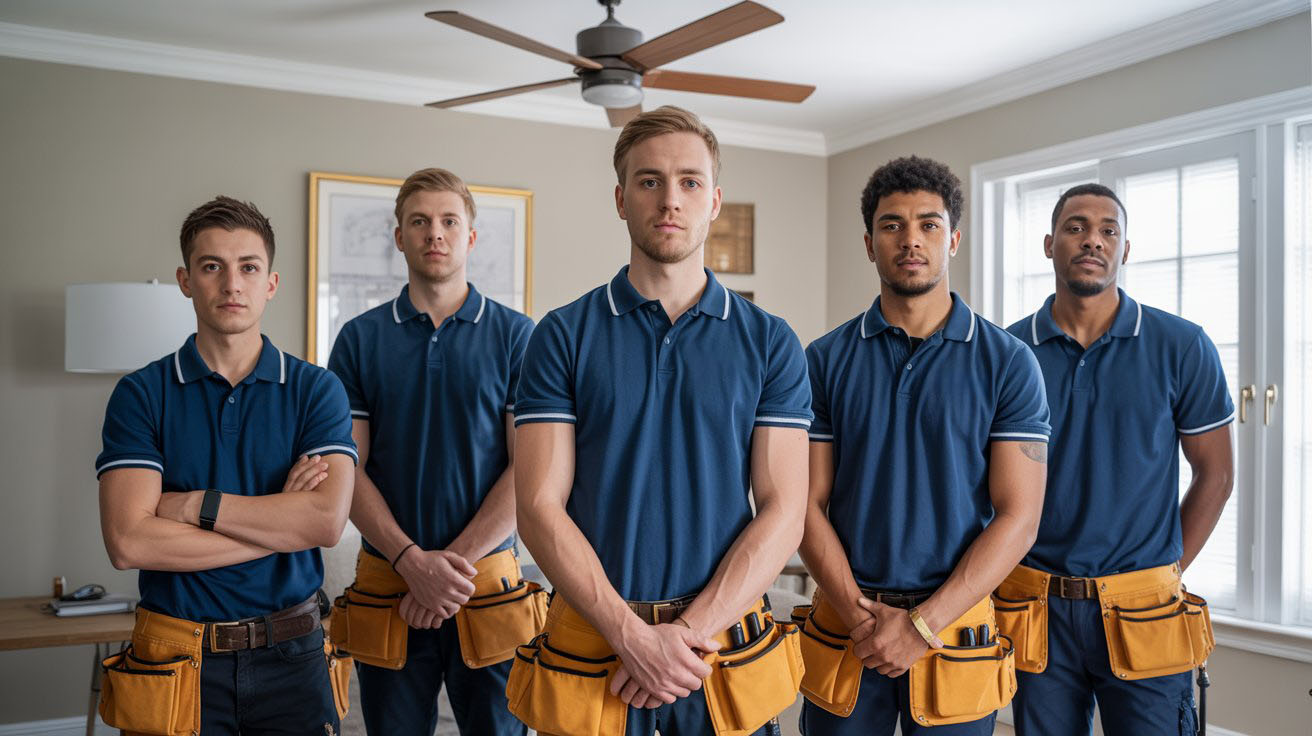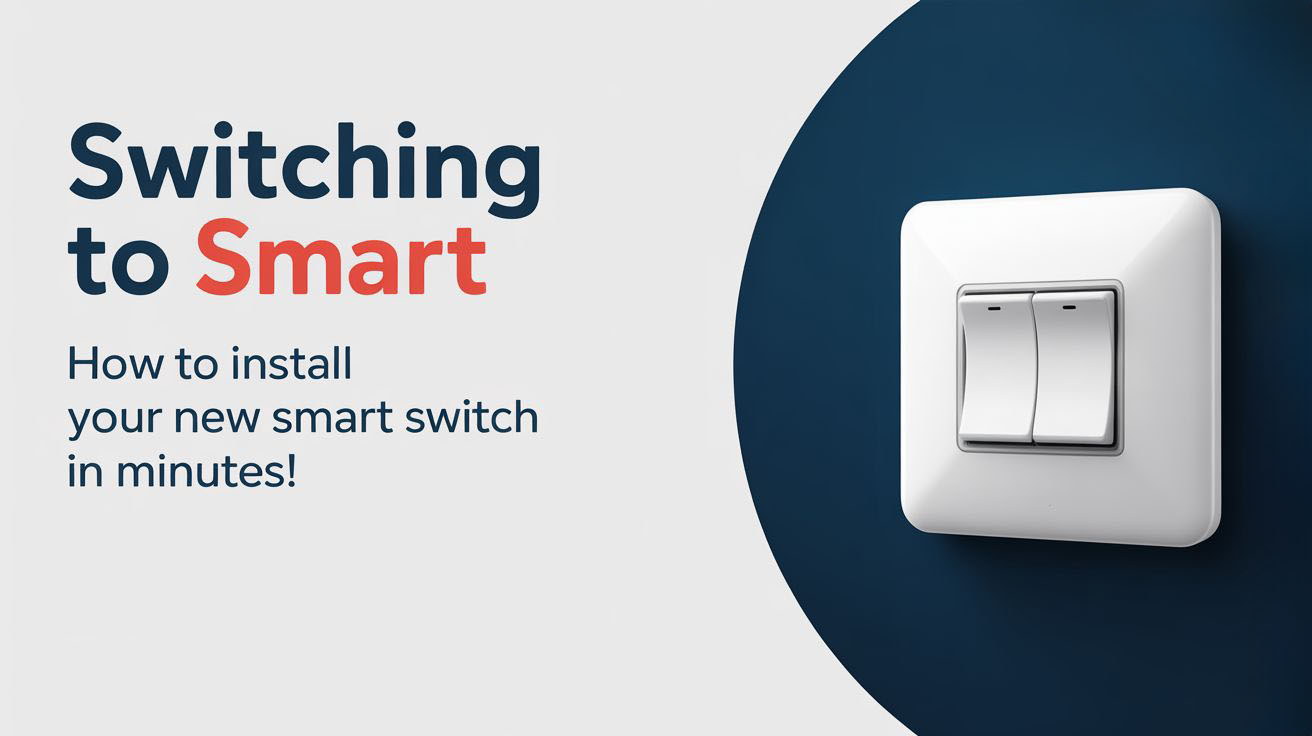Owning an electric vehicle (EV) is a step towards being environmentally conscious and energy-efficient. Driving an EV also means you need a reliable charging solution at home. Installing an EV charging station can simplify your daily life and ensure your vehicle is ready when you need it.
Table of Contents
- Why Install an EV Charging Station?
- Types of EV Chargers
- Steps to Install Your EV Charging Station
- Choosing an Electrician
- Costs and Permits
- Key Takeaways
- FAQ
- Schedule Your Electrical Service Today
Why Install an EV Charging Station?
Installing an EV charging station at home offers numerous benefits. Not only does it provide convenience, but it also helps save time and money. When you charge at home, you can typically do so during off-peak hours, which may lower your electricity costs.
Some other benefits include:
- Convenience: No more searching for a public charging station.
- Control: Choose when to charge based on your schedule and local electricity rates.
- Faster Charging: Home charging stations often charge faster than public options.
Types of EV Chargers
When it comes to EV chargers, you’ll mainly encounter three types: Level 1, Level 2, and DC Fast Charging.
- Level 1: Uses a standard 120V outlet. It’s the slowest option, generally providing around 3-5 miles of range per hour.
- Level 2: Uses a 240V outlet. Provides a significantly faster charge, offering approximately 10-60 miles of range per hour. Ideal for home installations.
- DC Fast Charging: Typically found at public charging stations, this technology can charge an EV to 80% in about 30 minutes but is not commonly used for home setups.
Choosing the right charger depends on your driving habits, the types of electric vehicles you own, and how much time you’re willing to spend charging.
Steps to Install Your EV Charging Station
Installing a charging station involves a few critical steps. Here’s how to get started:
- Evaluate Your Electrical System: Check your home’s electrical capacity to ensure it meets your needs. An electrician can assess what you need for safe installation.
- Select the Right Charger: Choose a Level 2 charger if you plan to charge overnight or need a quick charge.
- Obtain Permits: Full local regulations apply to charging stations. You’ll likely need a permit to install one in your home.
- Installation: Hire a licensed electrician for installation to ensure it meets safety codes.
- Testing: After installation, test the charging station to confirm that it’s working correctly.
- Set Up Your Charging Schedule: Many chargers allow you to set schedules based on your electricity rates.
Choosing an Electrician
Selecting the right electrician for the job is essential. Look for licensed professionals experienced in EV charging installations.
Here are some tips:
- Verify Credentials: Ensure they are licensed and insured.
- Read Reviews: Look for positive customer feedback.
- Request Quotes: Obtain estimates from multiple electricians to determine the prevailing market rate.
- Inquire About Experience: Ensure they have prior experience working with EV charging stations.
Hiring a proven expert can save you time and stress.
Costs and Permits
The costs associated with installing an EV charging station can vary widely based on several factors.
- Charger Cost: A Level 2 charging station typically costs between $500 and $1,500.
- Installation Fees: Electricians may charge between $200 and $2,000 for installation, depending on the complexity.
- Permits: Permit fees may range from $50 to $500, depending on local regulations.
Always confirm these costs upfront with your electrician to avoid unexpected expenses.
Key Takeaways
– Installing an EV charger offers convenience and cost savings.
– Understand the different types of chargers available.
– Consult a licensed electrician for a successful installation.
– Budget for both equipment and installation costs.
– Ensure you have the necessary permits.
FAQ
What is the best type of EV charger for home use?
A Level 2 charger is generally best for home use, offering faster charging times compared to Level 1 chargers.
How much does it cost to install a home charging station?
Costs can vary, but you can expect to pay between $700 and $3,500, including the charger and installation fees.
Do I need a permit to install an EV charging station?
Yes, most local governments require permits for EV charger installations to ensure safety and compliance with local codes.
How long does installation take?
Typically, the installation process takes a few hours, but it can vary depending on the condition and complexity of your electrical system.
Can I install the charger myself?
It’s recommended that you hire a licensed electrician to ensure safety and compliance with local regulations.
Take the Next Step for Your Home’s Safety
Making your home EV-ready is a smart decision that pays off in convenience and efficiency. If you’re ready to install your EV charging station, don’t hesitate to reach out for expert help. For professional electrician services that ensure safety and reliability, you can always contact us.

